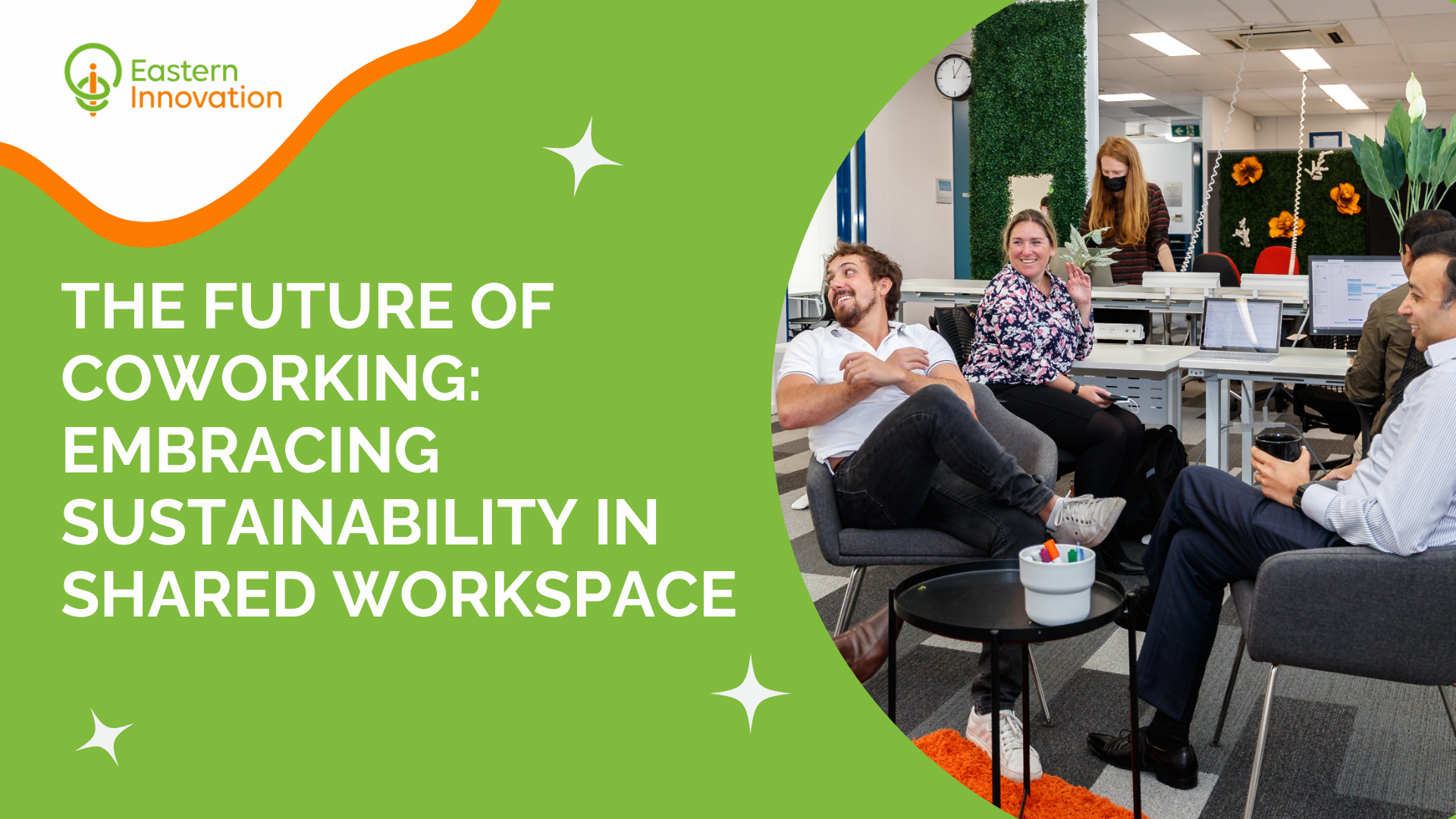Coworking has become a global phenomenon, revolutionising the way people work, collaborate, and connect with others. Shared workspaces offer flexibility, affordability, and opportunities for networking and collaboration, making them an attractive option for remote workers, freelancers, entrepreneurs, and small businesses alike. However, as the world grapples with the challenges of climate change and environmental degradation, sustainability has emerged as a critical consideration in all aspects of our lives, including the workplace. In this blog, we will explore the future of coworking and how embracing sustainability in shared workspaces can lead to a more environmentally responsible and socially conscious way of working.
The Need for Sustainable Coworking Spaces
As the global population continues to grow, and urban areas become more densely populated, the demand for office space increases. Traditional office buildings often come with high energy consumption, excessive waste generation, and negative environmental impacts. The need for more sustainable and eco-friendly workspaces has become imperative in order to address these challenges and create a better future for our planet.
Shared workspaces, with their emphasis on resource-sharing, community-building, and collaboration, have the potential to be more sustainable than traditional offices. However, not all coworking spaces are created equal when it comes to sustainability. It is essential to go beyond the basic amenities and consider the environmental and social impact of a coworking space in order to truly embrace sustainability in shared workspaces.
Designing for Sustainability
The design of coworking spaces plays a crucial role in their sustainability. Sustainable design principles aim to minimise negative impacts on the environment while maximising human comfort and well-being. When it comes to coworking spaces, sustainability can be incorporated in various ways, including energy-efficient lighting, natural daylighting, optimised heating, ventilation, and air conditioning (HVAC) systems, use of eco-friendly materials, and water-efficient fixtures.
For example, the Eastern Innovation building in Mulgrave, is a shining example of a coworking space that has embraced sustainability in its design. The building boasts features such as geothermal heat pumps, rainwater harvesting systems, and low VOC materials, which contribute to reduced energy consumption, water conservation, and improved indoor air quality. These sustainable design elements not only minimise the environmental impact of the building but also create a healthy and comfortable working environment for its occupants.
Implementing Sustainable Practices
In addition to sustainable design, the implementation of sustainable practices in day-to-day operations is crucial for creating a truly sustainable coworking space. This includes waste management, energy and water conservation, and promoting eco-friendly practices among the members.
For instance, implementing a comprehensive waste management system that includes recycling, composting, and proper disposal of hazardous materials can help reduce the environmental impact of a coworking space. Encouraging members to adopt sustainable practices, such as reducing paper usage, turning off lights and electronics when not in use, and using reusable cups and bottles, can also make a significant difference in reducing the carbon footprint of the workspace.
Collaboration and Community Engagement
One of the core values of coworking is collaboration and community engagement. Sustainable coworking spaces can leverage this spirit of collaboration to promote sustainability initiatives among its members and the local community.
Organising workshops, seminars, and educational events on sustainability topics can raise awareness and foster a culture of sustainability among the members. Collaborating with local environmental organisations and initiatives can also provide opportunities for community engagement and participation in sustainability efforts.
Inspiring and Educating Members
Sustainable coworking spaces can play a crucial role in inspiring and educating their members about the importance of sustainability in the workplace and beyond. By providing resources, information, and tools for members to adopt sustainable practices, coworking spaces can empower their members to make informed choices and contribute to a more sustainable future.
Would you like to experience it for yourself?
Click here to join the EI community for free,

